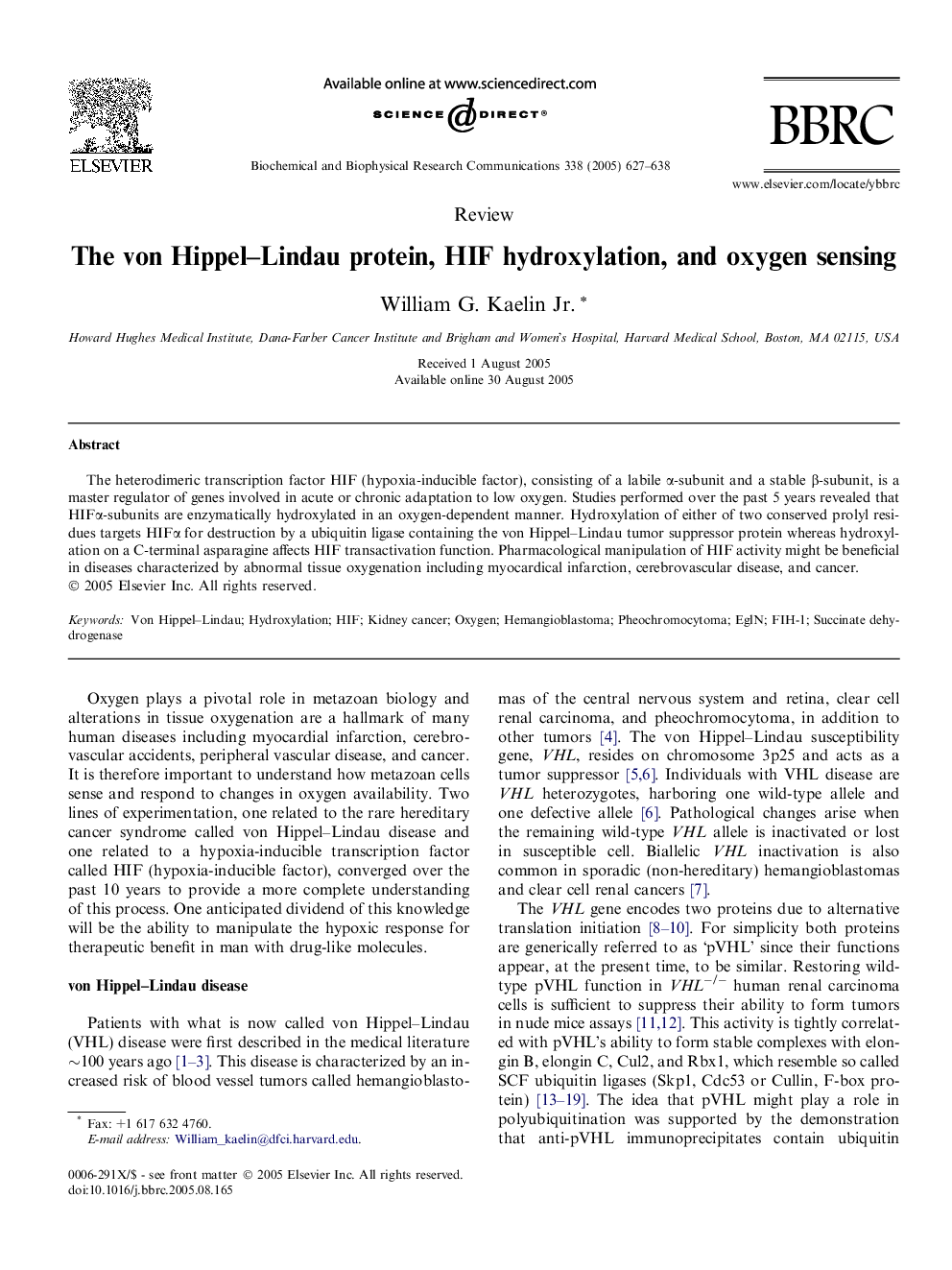| Article ID | Journal | Published Year | Pages | File Type |
|---|---|---|---|---|
| 10768229 | Biochemical and Biophysical Research Communications | 2005 | 12 Pages |
Abstract
The heterodimeric transcription factor HIF (hypoxia-inducible factor), consisting of a labile α-subunit and a stable β-subunit, is a master regulator of genes involved in acute or chronic adaptation to low oxygen. Studies performed over the past 5 years revealed that HIFα-subunits are enzymatically hydroxylated in an oxygen-dependent manner. Hydroxylation of either of two conserved prolyl residues targets HIFα for destruction by a ubiquitin ligase containing the von Hippel-Lindau tumor suppressor protein whereas hydroxylation on a C-terminal asparagine affects HIF transactivation function. Pharmacological manipulation of HIF activity might be beneficial in diseases characterized by abnormal tissue oxygenation including myocardical infarction, cerebrovascular disease, and cancer.
Keywords
Related Topics
Life Sciences
Biochemistry, Genetics and Molecular Biology
Biochemistry
Authors
William G. Jr.,
